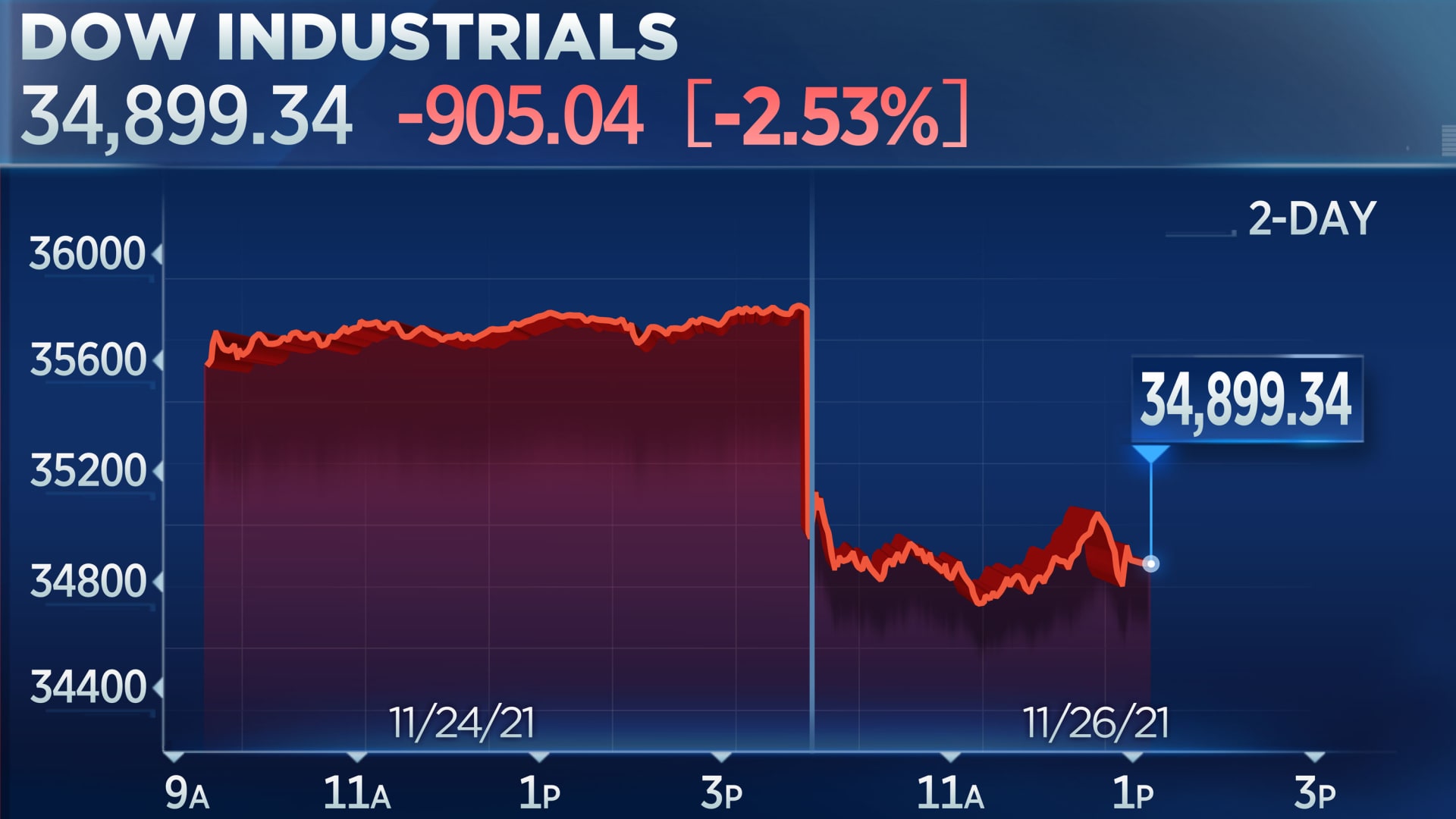Mandate to enforce EV sales quotas needed by end of next year: Guilbeault
OTTAWA — Environment Minister Steven Guilbeault says he wants a national mandate
that would force auto dealers to sell a certain number of electric vehicles to be in place by the end of next year.
Road transportation accounts for one-fifth of Canada's total greenhouse-gas emissions. As Canada charts a path to net zero by 2050, eliminating carbon dioxide from passenger cars is a big part of the process.
The federal government wants half of all new passenger cars sold in Canada to be zero-emission vehicles by 2030, and reach 100 per cent by 2035.
Canadians bought more electric vehicles in the last two years than the previous eight combined, but still only three per cent of new cars registered were battery-electric or plug-in hybrids.
The Liberals promised during the election campaign to bring in a sales mandate to meet those goals. Guilbeault said he wants that to happen by the end of 2022, or early 2023 at the latest.
"This (mandate) will not come into effect in the next few months but it will come into effect very soon," he said. "We're at three, maybe four per cent. We have to get the 50 (per cent). It's a lot of heavy lifting."
Guilbeault launched consultations on how to develop that mandate this fall. A new discussion paper for those meetings seeks input on how the mandate should work, the effect on the Canadian auto industry, and whether there should be an interim target before 2030.
Growth in electric vehicles has been swift in the last few years, but almost entirely in the two provinces that already have a provincial sales mandate. Quebec began enforcing sales quotas for electric vehicles in 2018 and British Columbia followed in 2020.
Three in four new electric vehicles registered in Canada in 2020 were in B.C. and Quebec. Ontario, which had a rebate until 2018, accounted for 19 per cent. The rest of Canada accounted for less than five per cent.
Outside of B.C. and Quebec, few dealers have access to electric vehicles, and the wait can be more than six months long. Supply-chain crunches affecting the entire auto industry make it worse.
"That's one of the best arguments in favour of a national zero-emission vehicle mandate," said Joanna Kyriazis, a senior policy adviser at Clean Energy Canada.
"Right now we're really seeing a tale of two Canadas when it comes to EVs."
A mandate must be in place by early 2023 if the targets are going to be met, she said.
More:
https://www.msn.com/en-ca/news/cana...next-year-guilbeault/ar-AARFaTm?ocid=BingNews
I wonder what happens if a dealership only manages to sell say 7 EVs?

